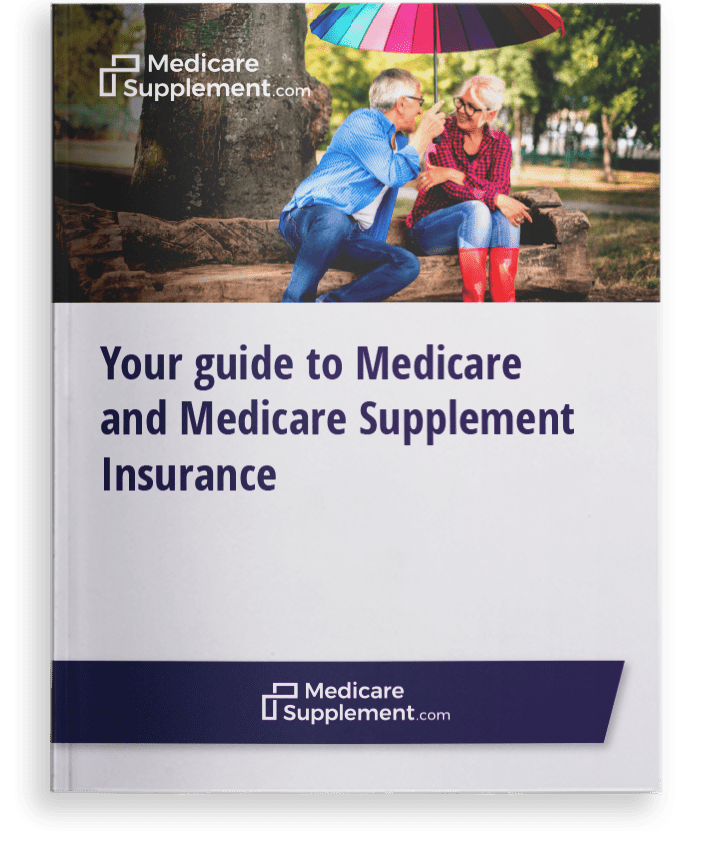Coverage
Does Medicare Cover Hearing Aids?
Can Hearing Aids now be Purchased Over-the-Counter?
Yes - over the counter hearing aids are a recent innovation that has been gaining popularity among those with mild-to-moderate hearing loss. These devices offer an alternative to traditional prescription hearing aids, providing more accessibility and affordability for individuals seeking assistance with their auditory needs.
What Are Over the Counter Hearing Aids?
Over the counter hearing aids are a new option for individuals experiencing mild to moderate hearing loss. These devices can be purchased directly from stores or online, without the need for a prescription or visiting a hearing health professional. There are two hearing device categories:
- Self-fitting OTC hearing aids: These devices allow users to program settings according to their specific needs, typically through an online test on the manufacturer's website or via an app.
- Pre-set OTC hearing aids: This type of hearing device comes with volume control and several preset configurations, but does not offer self-fitting capabilities.
How Much Do OTC Hearing Aids Cost?
The expense of hearing aids over the counter can differ depending on the kind and functions offered. Generally, they are more affordable than prescription hearing aids, which can start at $4,000 per pair. OTC consumer audio devices typically range from $500 to $1,000 per pair. Self-fitting devices tend to be more expensive due to their customizable settings.
Innovations in technology may eventually drive down prices, making these devices more accessible for those in need of affordable solutions for perceived mild-to-moderate hearing loss.
Does Medicare Pay for Hearing Aids?
Currently, Medicare Part B does not cover the cost of OTC or prescription hearing devices or hearing aids accessories. However, some Medicare Advantage plans may offer additional benefits that include partial or full coverage for these devices.
If you are signed up for a Medicare Advantage plan with this extra benefit, it is important to check your provider's exact coverage regulations and conditions prior to buying an OTC device. Additionally, keep in mind that while traditional Medicare does not cover the cost of audiologist services related to fitting and adjusting prescription hearing aids, some Medigap supplemental insurance plans might help offset those costs.
Where Can I Buy OTC Hearing Aids?
Starting in mid-October 2023, hearing aids over-the-counter will be available for purchase directly in stores and online. When buying these medical devices, there are a few factors to consider:
- Retailers: Major pharmacies, big-box stores, and specialized retailers may carry hearing devices. You may also be able to purchase OTC hearing aids from popular online retailers.
- Type of device: Remember that there are self-fitting and non-self-fitting options available. Choose one based on your comfort level with adjusting settings yourself.
- User reviews: Look for user reviews or testimonials from people who have purchased similar products before making a decision.
In addition to purchasing consumer audio devices, it's essential to consult with a healthcare professional if you suspect any significant changes in your hearing abilities. A hearing test can help determine the severity of your hearing loss and whether an OTC accessories are appropriate for you. While these medical devices are designed for those with mild-to-moderate hearing loss, the costs may not outweigh the benefits provided by prescription hearing aids.
It's important to note that OTC devices are not the same as direct-to-consumer (DTC) hearing devices or personal sound amplification products (PSAPs). DTC hearing devices and PSAPs are not regulated by the Food and Drug Administration (FDA) and are not intended to treat hearing loss. Hearing aids over the counter, on the other hand, are regulated by the FDA as medical devices and are designed to help those with mild-to-moderate hearing loss.
FAQs
Can hearing aids now be purchased over-the-counter?
The Over-the-Counter Hearing Aid Act was signed into law in 2017, but the FDA has not yet established regulations for these devices. The agency is expected to release guidelines soon, which will allow manufacturers to officially market OTC hearing aids. Until then, those with ear disorders or other hearing impairments can find "hearing amplifiers" that serve a similar purpose.
What are the pros of hearing aids over-the-counter?
OTC hearing aids offer several advantages: they are more affordable than prescription devices, easily accessible without visiting an audiologist, and suitable for mild-to-moderate hearing loss. These benefits make them an attractive option for those seeking cost-effective and convenient solutions to improve their listening experience.
What are the disadvantages of OTC hearing aids?
Some drawbacks of OTC hearing aids include limited customization options as well as hearing aids accessories when compared to prescription devices and lack of professional guidance during fitting or adjustments.
They may not be suitable for individuals with severe or profound hearing loss who require specialized care from an audiologist. Additionally, they may lack acoustic quality and many desired acoustic characteristics.
What is the difference between OTC and prescription hearing aids?
The main differences between OTC and traditional (prescription) consumer audio devices lie in price point, accessibility, customization options, and professional support. Prescription devices typically come with personalized fittings by audiologists while offering advanced features tailored specifically to individual needs; however, this comes at a higher cost compared to self-fitting and lower-priced alternatives like OTC models.
Conclusion
For those seeking a more economical solution to hearing loss, hearing aids over-the-counter offer an attractive option. Over the counter hearing aids can be bought without a doctor's prescription or custom fitting from multiple stores, offering an economical solution.
The cost of over the counter hearing aids are significantly lower than prescription hearing aids, making them an affordable alternative. However, it's important to note that they may not work as well as custom-fitted devices and may not be suitable for everyone.
Medicare Supplement Insurance can help cover your out-of-pocket cochlear implant costs.
Find a plan
Get a Free Medicare Guide!
Enter your email address and get a free guide to Medicare and Medicare Supplement Insurance, as well as important Medicare news and tips. We promise to never send you spam – just helpful content!
By clicking "Get your guide" you are agreeing to receive emails from MedicareSupplement.com.

